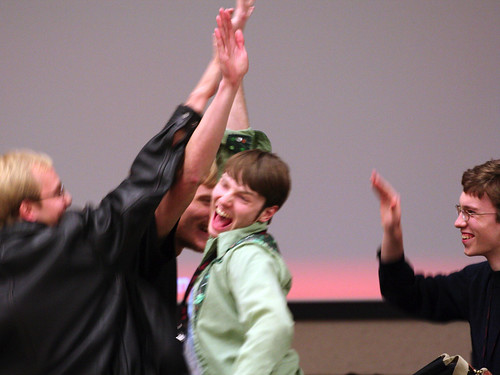I’m frowning at a consultation report published in March 2008 by the Charity Commission.
Public Benefit and the Advancement of Education March 2008 is the commissioners trying to clarify when an educational institution (private school) can or can’t claim charity status. However on page 18 they write:
There are two main aspects to educative merit or value:
• is the subject capable of being of educative value; and
• is the process such that it delivers educative value?
Fair enough, except by way of illustrating point 2 they add:
A modern example might be a ‘wiki’ site which might contain information about
historical events but, as the content is superficial and this information is not
verified in any way, it would not be accepted as having educational value without
positive evidence.
The Commission, having been satisfied on the evidence before it, accepted in a
particular case that an interactive website was a process capable of delivering
educative value as it was capable of delivering learning through improving the
student’s analytical and learning skills.
An individual’s blog, on the other hand, is not likely to be of educative value, as
neither the subject matter nor the process is of educational value.
As an explanation of why key social media tools are mechanisms with limited educational value I would say the report appears to be superficial and I can’t see that the information is verified in any way. I learn huge amounts through my blog and from wikis.
So which of you find your blogs to be of educational value? Which of you have been able to use wikis as a way of learning?
If you want to give the commission feedback on this consultation there doesn’t appear to be a way of commenting online on the document. It would of course be much better on the web not as a clunky pdf but as a wiki or maybe even a blog with a series of pages so we can comment on different aspect of the consultation – and then everyone can learn from it.
The only email address I could find was pressenquiries@charitycommission.gsi.gov.uk – which is OK to use because the press office will show a close interest in how the commission communicates and its reputation online.
 We can’t bridge the digital divide simply by providing internet access. Stepping across that divide comes when people use the internet to strengthen their social network and enrich their stock of social capital.
We can’t bridge the digital divide simply by providing internet access. Stepping across that divide comes when people use the internet to strengthen their social network and enrich their stock of social capital.
